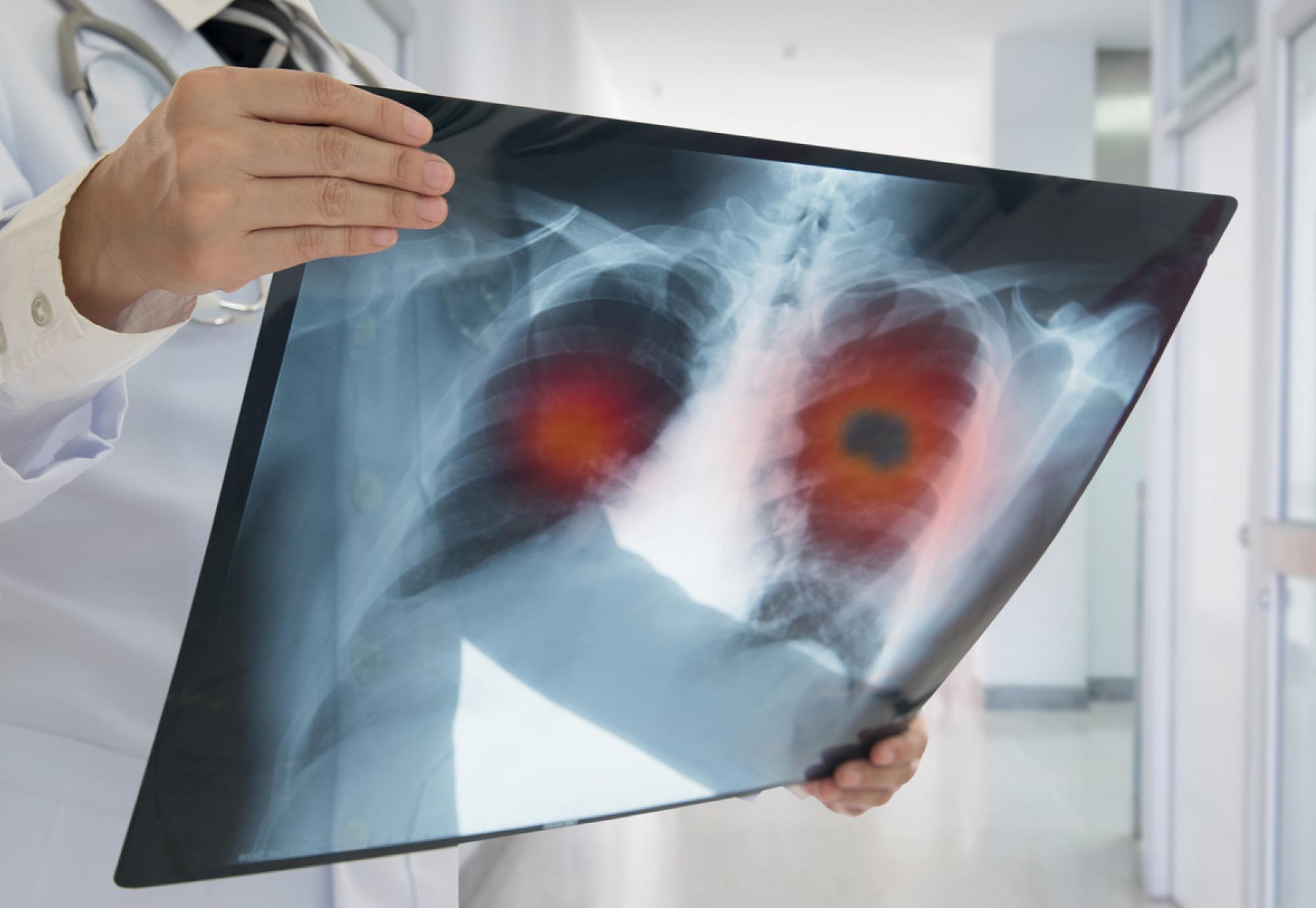Researchers could be set to revolutionise lung cancer diagnoses after a new tool powered by artificial intelligence (AI) performed better than current methods, a new study has suggested.
Led by researchers from both academia and the NHS, the LIBRA study took data from almost 500 CT scans and used a technique called radiomics to develop an AI algorithm in order to test if the tool could accurately pick out which patients had cancerous lung nodules.
The researchers used a measure called the area under the curve (AUC) to evaluate the efficacy of the AI model, with an AUC of 1 indicating the AI was perfect and a score of 0.5 suggesting the tool was just guessing.
The new tool recorded a score of 0.87, which is an improvement on both the Brock score (0.67) and the Herder score (0.83) which are both currently used in clinical practice.
However, because the new model uses considerably less variables than its two counterparts, researchers hope it can also help streamline diagnoses in the future.
The study was spearheaded by researchers from The Royal Marsden NHS Foundation Trust, The Institute of Cancer Research, London, and Imperial College London. Supplementary support was provided by The Royal Marsden Cancer Charity, the National Institute for Health and Care Research, RM Partners and Cancer Research UK.
The study’s chief investigator, Dr Richard Lee, said: “While at an early stage, this study is an example of the vital scientific clinical research we’re undertaking in the Early Diagnosis and Detection Centre at The Royal Marsden and the ICR.
Through this work, we hope to push boundaries to speed up the detection of the disease using innovative technologies such as AI. People diagnosed with lung cancer at the earliest stage are much more likely to survive for five years, when compared with those whose cancer is caught late.
“This means it is a priority we find ways to speed up the detection of the disease, and this study – which is the first to develop a radiomics model specifically focused on large lung nodules – could one day support clinicians in identifying high-risk patients.”



















